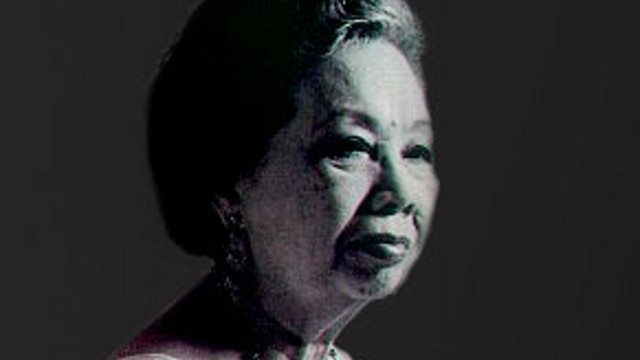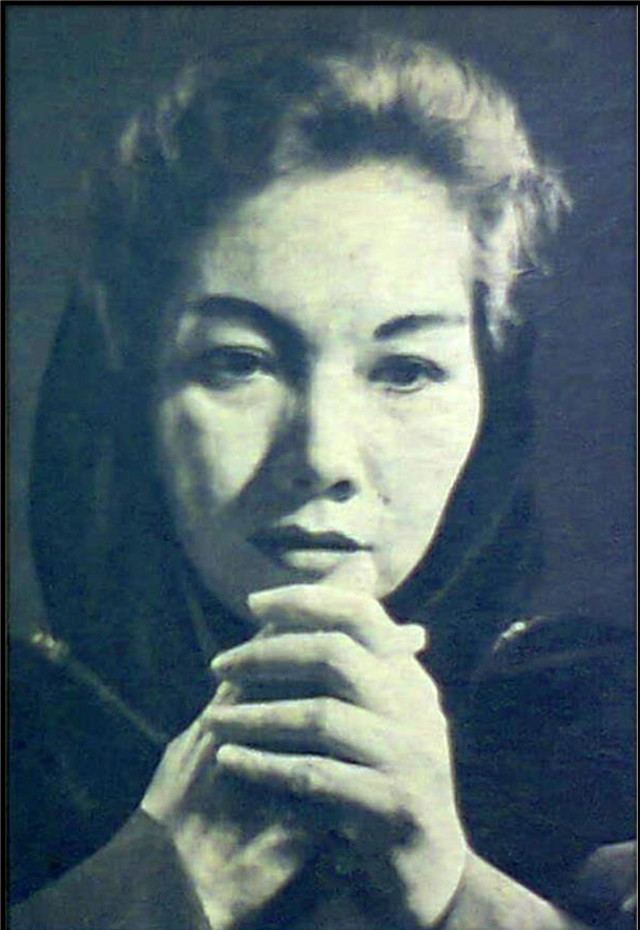SUMMARY
This is AI generated summarization, which may have errors. For context, always refer to the full article.

MANILA, Philippines – On May 12, Mother’s Day, National Artist for Theater Daisy Hontiveros-Avellana passed away at the age of 96.
Dubbed ‘the first lady of Philippine theater,’ Hontiveros-Avellano blazed a trail in Philippine theater and film with her late husband, film and stage director Lamberto Vera Avellana.
Born on January 26, 1917, Hontiveros-Avellana braved the war, poverty, and famine to become a prominent stage director, screenwriter, actor, and author. She was the first Master of Arts in Literature student and graduate of University of Santo Tomas.
First lady of Philippine theater

In 1939, she and Lamberto founded the Barangay Theatre Guild, an organization that was instrumental in promoting theater and drama in the Philippines.
She played roles in plays like “Othello,” “Macbeth in Black,” and “Tatarin.” But she is most remembered for her portrayal of Candida Marasigan in an iconic production of Nick Joaquin’s “Portrait of the Artist as Filipino.”
In 1965, she directed a film adaptation of the play. She also directed the films “Diego Silang” (1965) and “Walang Sugat” (1971).
She was conferred National Artist for Theater in 1999 in recognition of her contribution to Philippine theater and drama. Aside from performing and directing, Hontiveros-Avellana strongly advocated for the professionalization of Filipino theater. She also encouraged the proliferation of theater groups in the country.
ChoosePhils.com quotes her as having said, “When the time does come for the Filipino national theater to emerge and take its place at center stage, we who were young in 1939 may no longer be on the scene, but we shall be watching, in spirit, from the wings.” – With reports from Pia Ranada/Rappler.com
Add a comment
How does this make you feel?
There are no comments yet. Add your comment to start the conversation.